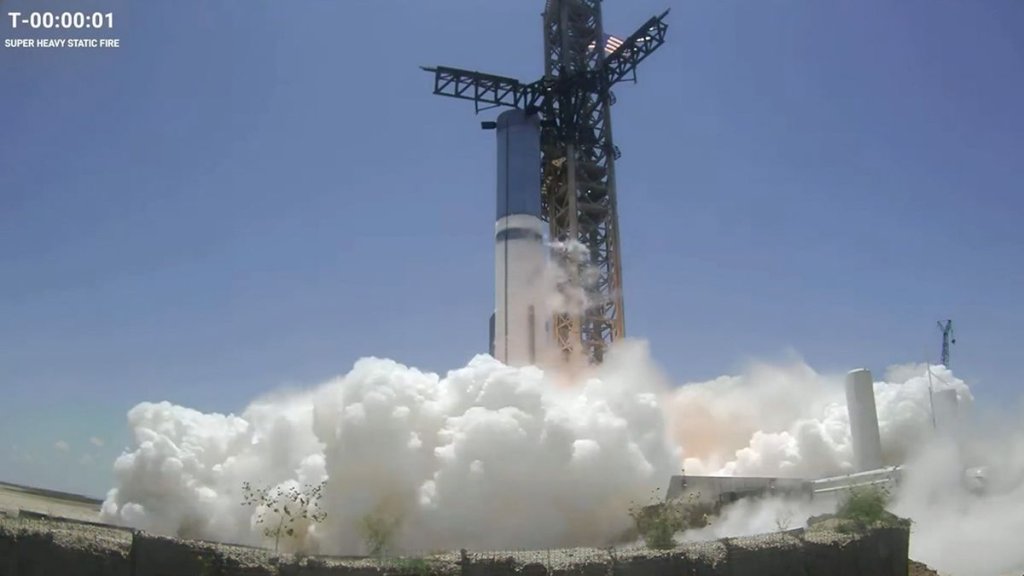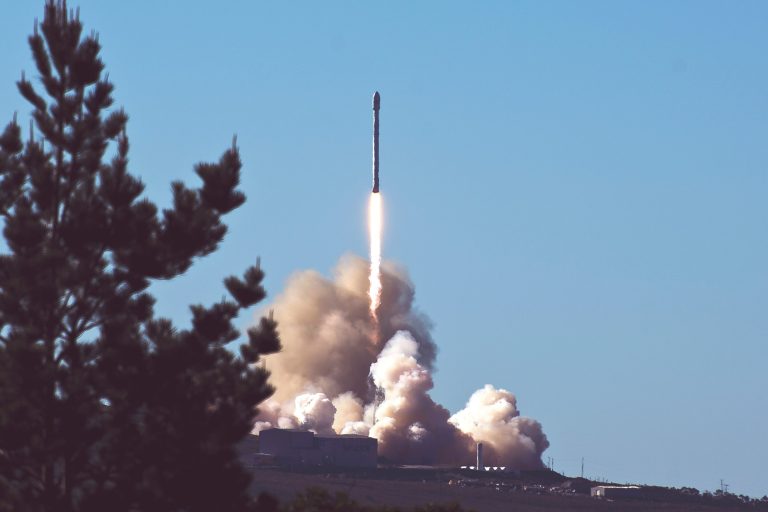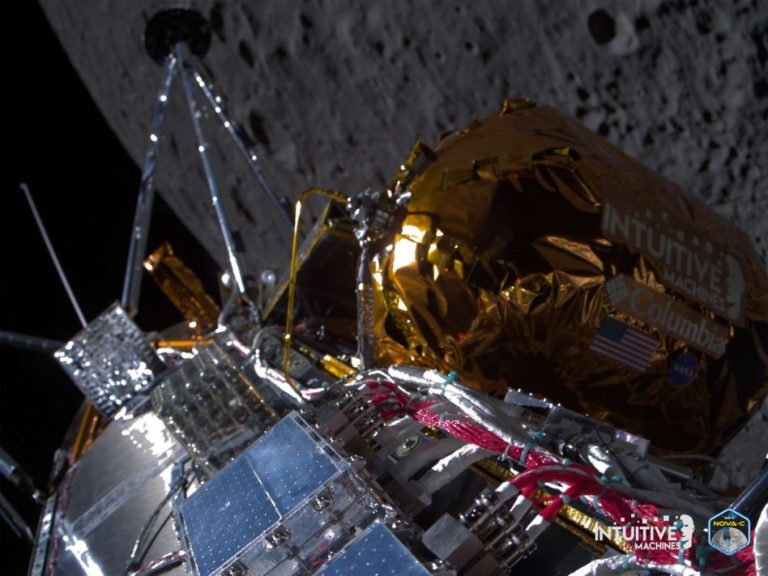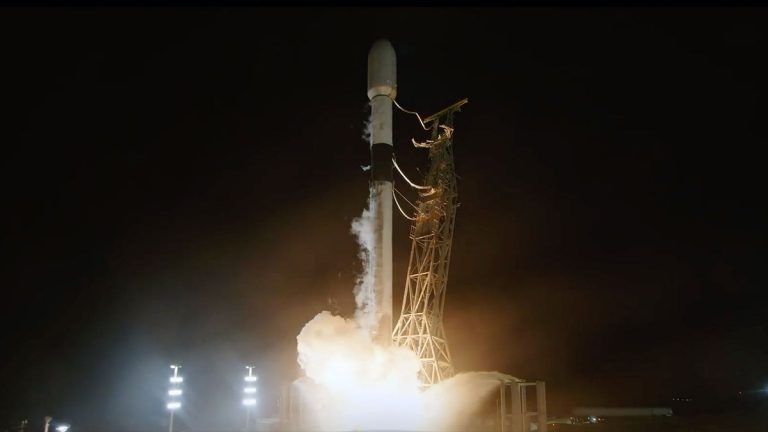
SpaceX fires up giant new Starship booster ahead of test flight (video) (Image Credit: Space.com)
SpaceX’s next Starship rocket just took a big step toward flight.
The Starship first-stage prototype known as Booster 9 conducted a static fire test today (Aug. 6), briefly igniting its 33 Raptor engines while anchored to the orbital launch mount at SpaceX‘s Starbase site in South Texas.
Not all of the engines performed perfectly; four of them shut down prematurely, SpaceX representatives said during a webcast of today’s test. But 29 out of 33 isn’t bad, and both Booster 9 and the orbital launch mount emerged from the test in one piece. So there’s plenty of reason for SpaceX to celebrate.
“A big congrats to the Starship team for getting through today’s test,” SpaceX’s John Insprucker said during today’s webcast. “That moves us another step closer to our next flight test.”
Related: Relive SpaceX’s explosive 1st Starship test in incredible launch photos

Starship — SpaceX’s next-gen transportation system, which is designed to get people and cargo to the moon, Mars and beyond — has one full-up flight test under its belt.
That mission launched from Starbase on April 20, with the goal of sending the Ship 24 upper-stage prototype partway around Earth; splashdown was targeted for the Pacific Ocean near Hawaii. That didn’t happen, however; Starship experienced several problems shortly after liftoff, and SpaceX sent a self-destruct command, destroying the vehicle high over the Gulf of Mexico.
The April 20 launch also caused considerable damage to Starbase’s orbital launch mount and some surrounding infrastructure. To keep that from happening again, SpaceX installed a water-deluge system beneath the mount — a water-spouting steel plate designed to dampen the tremendous energy generated by Super Heavy’s 33 Raptors.
The new deluge system appeared to work well during today’s test, as copious amounts of water jetted upward toward the firing Raptors.
The upcoming flight test will involve Booster 9 and an upper-stage prototype called Ship 25. It will have similar goals as the first liftoff, SpaceX founder and CEO Elon Musk has said.
It’s unclear when that launch will take place, however, for technical issues aren’t the only hurdles SpaceX must clear. For example, a coalition of environmental and Indigenous groups is currently suing the U.S. Federal Aviation Administration (FAA), which granted a license for Starship launches from Starbase. The suit claims that the agency didn’t properly assess the damage that such liftoffs could do to the South Texas ecosystem and requests that a more stringent environmental review be performed before any more Starships take flight from the site.








